How ChatGPT is Transforming the Way We Hire and Manage Talent
The traditional understanding of work has changed dramatically in recent years, driven by the growth of remote and hybrid work, new technologies, and various economic and social factors. To keep up with this evolving wokplace environment, companies need to adapt their talent management strategies and focus on the employee experience. In fact, Dell Technologies predicts that 85% of jobs in 2030 haven’t even been created yet!
In 2023, as HR departments look to streamline their processes, the use of AI is expected to increase in recruitment, identifying talent skill gaps, analyzing employee engagement surveys, and answering common employee questions, says SHRM.
On this matter, Erin Spencer, from Deloitte Consulting, notes that analyzing worker data beyond basic demographics and performance will be a crucial aspect of using AI in HR. As more HR departments view their workforce data as a valuable resource, it will help inform important business and talent decisions, such as upskilling, scheduling, and staffing.
Enter the World of AI-Powered HR
As a result of these changes, the world of human resources (or people management, as we prefer to call it at Ethikos) is on the brink of a revolution, and artificial intelligence (AI) is leading the charge. A recent study by Oracle shows that 50% of workers have used some form of AI at work, up from 32% last year. In some countries, the adoption of AI has grown even more quickly.
AI offers companies a wide range of innovative solutions to complex HR problems. It can simplify the hiring process, improve performance management, foster a more productive work environment, and even predict employee attrition. One AI tool that is playing a leading role in this HR transformation is ChatGPT, developed by OpenAI.
ChatGPT: How can it help talent leaders?
As a language model, ChatGPT has the ability to understand and generate human-like language, making it an ideal tool for HR processes that require communication, data analysis, and decision-making. Here’s how it can help talent leaders and HR professionals:
- Streamlined Processes: ChatGPT can automate repetitive HR tasks such as job posting, resume screening, and candidate sourcing, freeing up HR professionals to focus on higher-value tasks.
- Improved Candidate Experience: ChatGPT can enhance the candidate experience by providing real-time feedback and personalized communication.
- Data-Driven Insights: ChatGPT can analyze vast amounts of data to provide HR professionals with insights into employee satisfaction, turnover, and performance. This can help HR professionals make data-driven decisions and identify areas for improvement within the organization.
Transforming the Recruitment Process
ChatGPT can assist the recruitment team in several ways:
-
Candidate Screening
It can be trained to screen resumes and assess candidate qualifications by answering frequently asked questions.
-
Interview Scheduling
ChatGPT can be integrated with the recruitment team’s calendar and used to schedule interviews with candidates, freeing up their time for other tasks.
-
Candidate Communication
The tool can be used to communicate with candidates in real-time, answering questions and providing updates on the status of their applications. It can also be programmed to provide customized responses based on the candidate’s profile and application status.
-
Reduced Bias in Recruitment
It can also be programmed to reduce bias in the recruitment process by eliminating personal prejudices and providing a more objective assessment of candidates.
Preparing for the Future with ChatGPT
By incorporating ChatGPT into their processes, HR professionals can stay ahead of the curve and meet the challenges of the modern workplace. However, it’s important to approach the adoption of AI in HR with caution. Considerations such as data privacy, security, and ethical and legal implications are crucial.
Despite its benefits, there are some challenges to keep in mind when using ChatGPT, such as ensuring personal and financial information is kept safe and secure, and the potential impact it may have on HR jobs. Talent leaders and HR professionals need to understand the strengths and limitations of ChatGPT and prepare their teams for the changes that may come with its adoption.
In conclusion, ChatGPT is helping organizations boost the employee experience and drive business success. It is also a powerful tool that has the potential to streamline many of the tedious tasks that take up valuable time and resources. By automating these tasks, teams can focus on more important and creative work, helping to optimize processes and increase efficiency.
However, it’s important to remember that technology is not a cure-all solution, and it’s up to leaders to ensure that the implementation of ChatGPT aligns with the company’s culture, purpose, and values. With a well-defined company culture and a clear understanding of how technology fits into the overall strategy, organizations can thrive in this constantly evolving workplace.
By Katherine Tanta – Community Manager & Impact Strategiest
At Ethikos, what we do makes more and more sense. Culture, purpose and talent are the basis of our existence. That’s why we invite you to learn more about our services and training programmes.
Let’s have a chat! Maybe we can help you.
If you want to follow what’s happening in the world of work, sign up for our newsletter.

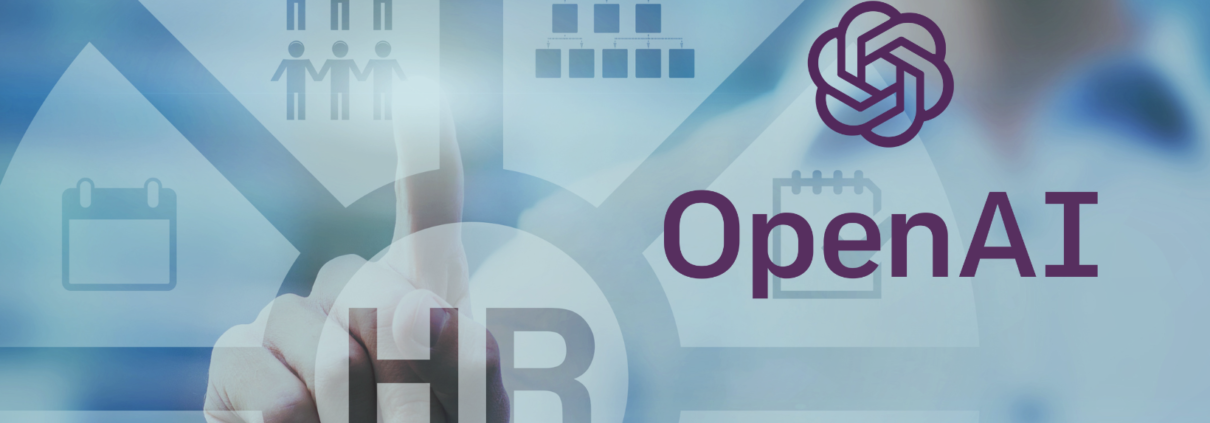
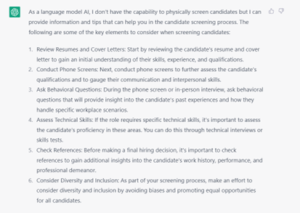
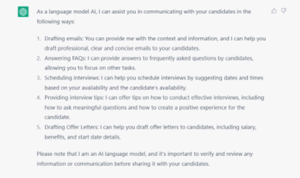
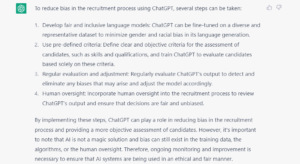








Dejar un comentario
¿Quieres unirte a la conversación?Siéntete libre de contribuir